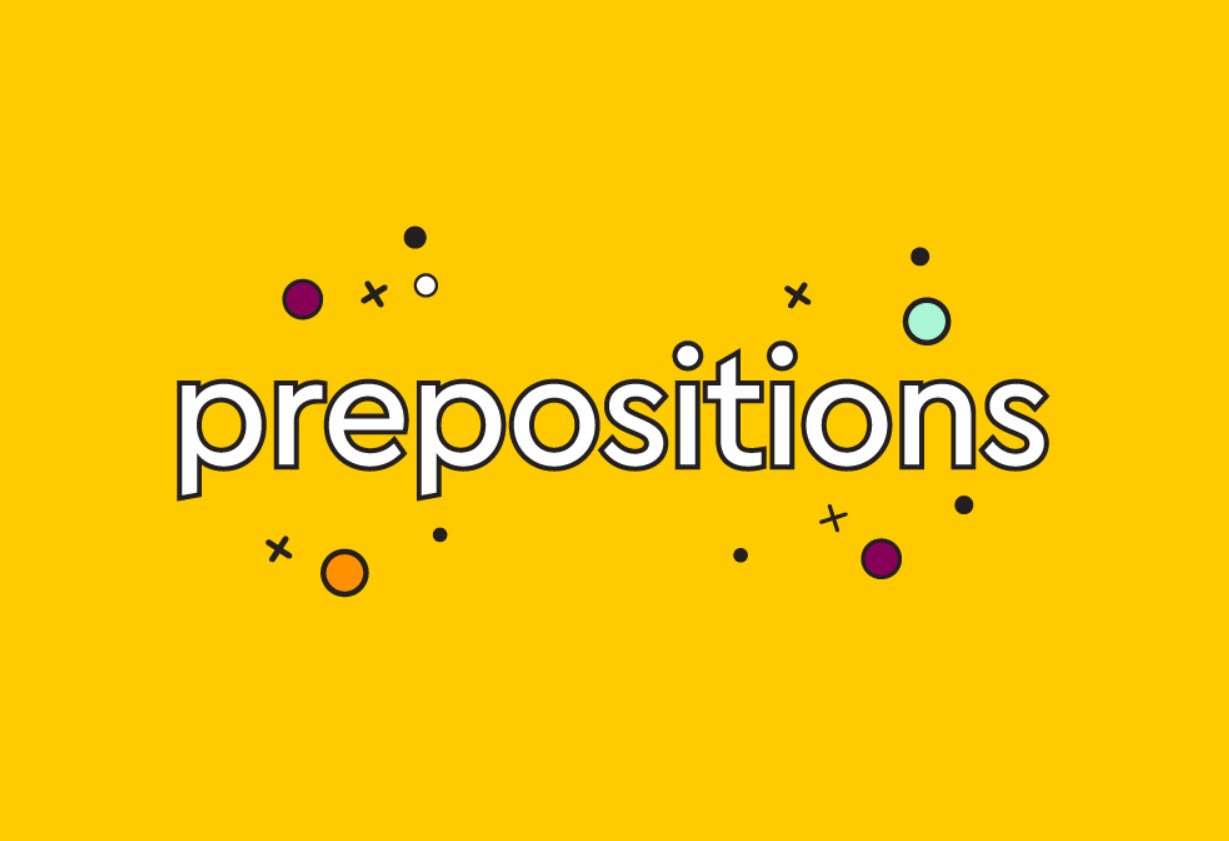
Punctuation is critically important in the IELTS writing exam. While having a truly advanced grasp of it may help you achieve band 7 or higher, just knowing the basics is vital to getting the score you really want. If you don’t know how to use a comma or period, you certainly won’t get more than a 5.0. Therefore, it is essential to study the rules below. Some of them, as you will, are less important than others. Make sure you at least know the basics before even thinking about sitting your first IELTS exam.
Many of the rules below correspond with sentence types, so ensure that you are familiar with Chapter Five of this book.
Comma
Use a comma when you need to join two independent clauses (in a compound sentence). However, you cannot just use a comma – you must also use a coordinating conjunction (FANBOYS).
- Those books were expensive, but they will be very useful.
- The storm last night was really wild, so I expect there will be some damage to the house
Use a comma after an introductory phrase or when a complex sentence begins with the dependent clause.
- When the boys came home from school, they were always hungry.
- Long ago, we would go out on long drives together through the countryside.
Use a comma to separate items in a series – i.e. a list. Remember to ALWAYS use the Oxford Comma.
- I’ve been to Germany, France, Spain, and Italy.
- Our goals are customer satisfaction, innovation, and environmental protection.
Separate non-essential information within a sentence by using commas.
- Paul, whose father was the team’s owner, always got picked first for big games.
- Sarah’s new car, a pink Camry, was stolen last night.
Coordinate adjectives (two adjectives which alter the same noun) should be separated by commas.
- It was a bright, sunny day.
- The bulky, heavy box arrived yesterday.
Use a comma after a conjunctive adverb or transitional element:
- Peter got straight As in class; therefore, he was allowed to play video games.
- The company won approval for its new product; as a result, their share price soared.
We use commas with quotes.
- “Get out,” she said.
- He looked at his manager despairingly and said, “Ok, I’ll do it.”
Dates also require commas.
- January 1st, 2016.
- May 15th, 2016.
We use commas for qualifications and positions when describing people.
- Judy Thomas, MD.
- Paul Harrison, CEO of Microcorp Tech.
Finally, we use commas with places. Cities come before states or countries.
- San Francisco, California.
- Paris, France.
Comma Splice
Be careful to avoid a comma splice. This is a very comma error wherein two independent clauses are joined with a comma, like this:
- The dog was hungry, he wanted some food.
We can change it in a number of ways to make it correct.
- The dog was hungry; he wanted some food.
- The dog was hungry. He wanted some food.
- The dog was hungry, so he wanted some food.
Semi-Colon
As we saw in the above example, a semi-colon can be used to join two independent clauses in a compound sentence, if the meaning of the second clause is so close to that of the first that it basically restates the first clause.
- The days were beginning to get shorter; it seemed the night got earlier and earlier.
- There was a big traffic jam; cars were barely moving around town.
Again, in a compound sentence, if the second clause begins with a conjunctive adverb or transitional phrase, use a semi-colon.
- The two countries had been at war for the previous decade; as a result, brokering peace would not be easy.
- The dog and cat lived together all their lives; however, they were certainly not friends.
If individual items in a list are separated by commas, use semi-colons to break it up more clearly.
- Important European capitals include Paris, France; Rome, Italy; and London, England.
Period
The period comes only at the end of a sentence. Do not use a period after a dependent clause, or you will have a sentence fragment. Learn the sentence types:
- Simple
- Complex
- Compound
- Compound-complex
A period should always be followed by a capital letter.
Exclamation Mark
You should never use an exclamation mark in the IELTS exam!
You may also like:- 200 Essential Questions for Practicing One-Word Prepositions (With Answers)
- Understanding Nouns – The Five Types and Their Uses
- Top 9 Essential Tips To Help You Speak Clearly and Confidently
- Commonly Confused Words – A Guide to Clarifying Misused Terms
- Similar Words with Different Meanings – A Guide to Avoiding Common Confusion
- Learning French Nouns in Foreign Language Training
- How to Understand Basic Spanish – A Beginner’s Guide
- An Idiomatic Approach to Workplace Language – Solve the Exercise
- Mastering Prepositions – Practical Sentence Completion Exercise
- Mastering Common UK Abbreviations – A Practical Exercise








